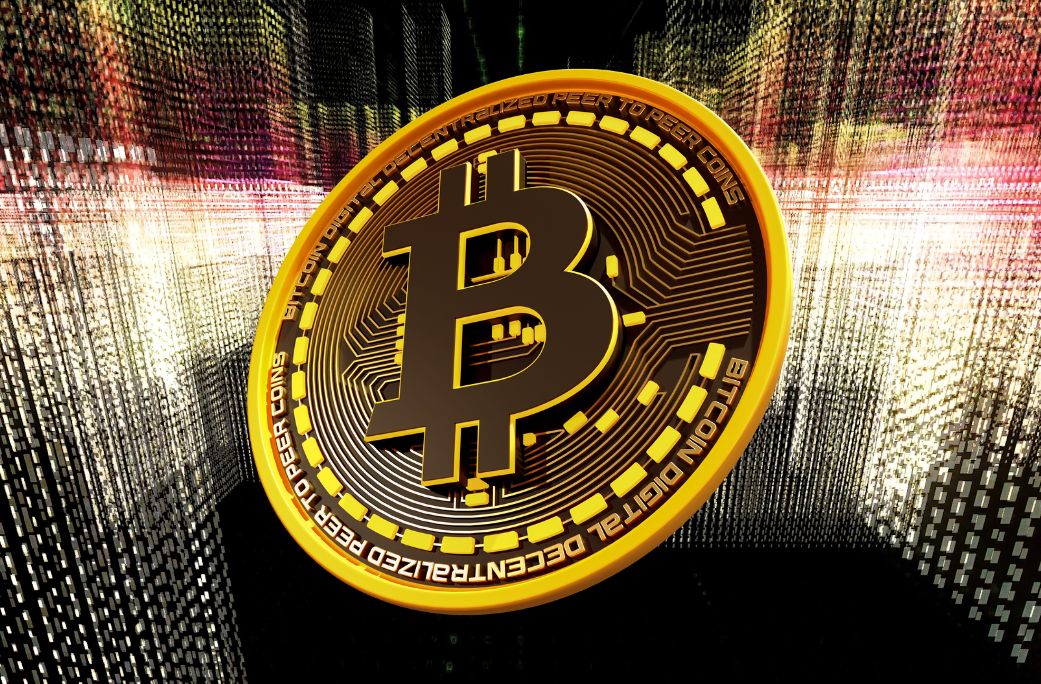Explore the intricate relationship between the Darknet and Bitcoin in this article. Delve into the hidden realm of the Darknet and discover its connection with the revolutionary digital currency, Bitcoin. Navigating the complexities between Bitcoin and the Darknet becomes easier with BitAi Method, a powerful trading bot.
The Darknet and Bitcoin: Connecting the Dots
The Darknet, often accessed using the Tor network, provides a platform for anonymous and encrypted online activities. It operates outside the boundaries of the surface web and the deep web, creating a secretive environment. Bitcoin, on the other hand, is a decentralized cryptocurrency that emerged as a groundbreaking innovation in the digital currency landscape.
One of the key connections between the Darknet and Bitcoin is the Darknet’s adoption of Bitcoin as a preferred means of transactions. This preference arises from the characteristics of Bitcoin that align with the Darknet’s objectives. Cryptocurrencies like Bitcoin offer a level of anonymity and privacy that traditional payment methods cannot provide. This anonymity is crucial for users engaging in illicit activities on the Darknet, as it helps them evade detection and maintain secrecy.
Darknet marketplaces, such as the infamous Silk Road, have played a significant role in the intersection between the Darknet and Bitcoin. These marketplaces allow users to buy and sell various goods and services anonymously, with Bitcoin serving as the primary medium of exchange. Bitcoin’s decentralized nature and its ability to facilitate peer-to-peer transactions without the need for intermediaries make it an ideal choice for these marketplaces.
Furthermore, Bitcoin’s escrow services have contributed to building trust within Darknet transactions. Escrow services hold the funds in a secure manner until the transaction is completed satisfactorily. This helps mitigate the risk of scams or frauds, providing some level of reassurance to both buyers and sellers on Darknet marketplaces.
However, it is essential to acknowledge the legal and ethical implications associated with the Darknet and Bitcoin. The Darknet has gained notoriety for its association with illegal activities, including the sale of drugs, weapons, and stolen data. Bitcoin’s role in facilitating these transactions has raised concerns among governments and law enforcement agencies worldwide. Consequently, regulatory measures have been implemented to combat illicit activities on the Darknet and regulate the use of Bitcoin.
Looking to the future, it is clear that both the Darknet and Bitcoin will continue to evolve. Technological advancements will shape the Darknet ecosystem, introducing new layers of anonymity and encryption. Simultaneously, regulatory measures will impact the future of Bitcoin, influencing its adoption and acceptance in mainstream financial systems.
Finding a delicate balance between privacy and security is a significant challenge when addressing the Darknet and Bitcoin. While privacy is valued by individuals seeking anonymity, it can also enable illegal activities. Striking a balance requires innovative solutions and collaborative efforts between technology experts, law enforcement agencies, and policymakers.
The Future Outlook
In terms of the Darknet, technological developments will continue to play a significant role. The evolution of encryption techniques, decentralized networks, and privacy-enhancing technologies will provide new layers of anonymity and security. These advancements may enable Darknet users to operate with even greater secrecy, making it increasingly challenging for authorities to detect and monitor illicit activities.
On the other hand, regulatory measures are likely to impact the future of Bitcoin. Governments and financial institutions are actively working to establish frameworks that address the use of cryptocurrencies, including Bitcoin. While regulations aim to prevent illicit activities and protect consumers, they can also influence the broader adoption and acceptance of cryptocurrencies. Striking a balance between regulatory oversight and preserving the decentralized nature of Bitcoin will be crucial for its future development.
Scalability is another factor that will shape the future of Bitcoin. As the number of transactions on the Bitcoin network continues to increase, scalability becomes a pressing concern. Solving scalability challenges will be essential to ensure the smooth functioning and widespread adoption of Bitcoin as a viable digital currency.
The future outlook also necessitates addressing the delicate balance between privacy and security. While privacy is valued by individuals seeking anonymity, it can be exploited for illegal activities. Striking the right balance requires collaboration between technology experts, law enforcement agencies, and policymakers. Innovative solutions that preserve privacy while ensuring the necessary safeguards against criminal activities will be essential.
Looking forward, there are potential opportunities for the Darknet and Bitcoin to evolve and find legitimate use cases. Blockchain technology, the underlying technology of Bitcoin, has applications beyond digital currencies. Its potential for secure and transparent record-keeping can be utilized in areas such as supply chain management, healthcare, and finance.
Conclusion
As the Darknet and Bitcoin continue to shape the digital landscape, their intertwined nature raises important questions about privacy, security, and regulation. Navigating this complex relationship requires striking a delicate balance while embracing the possibilities for responsible innovation and societal progress.

COMMENTS